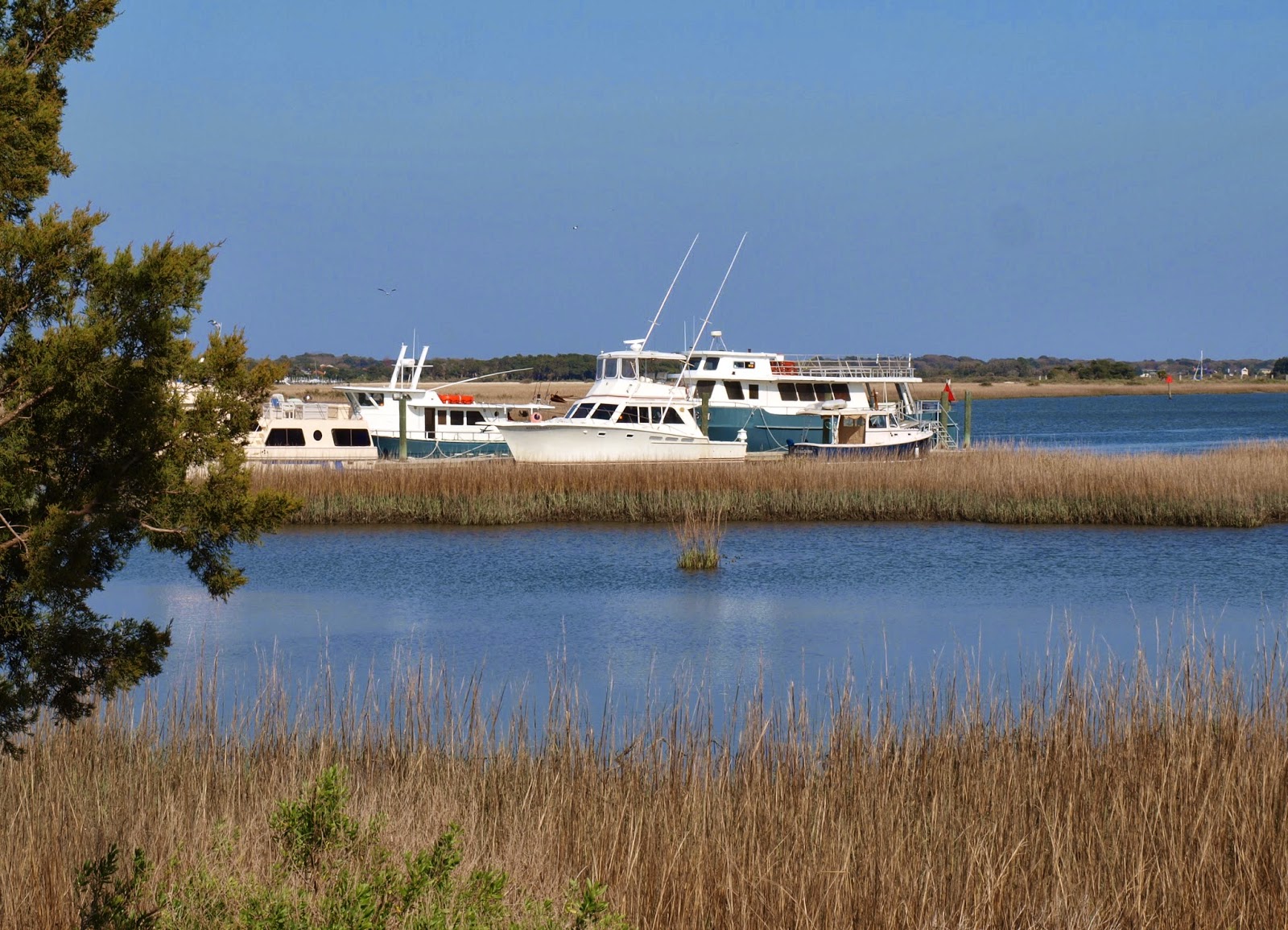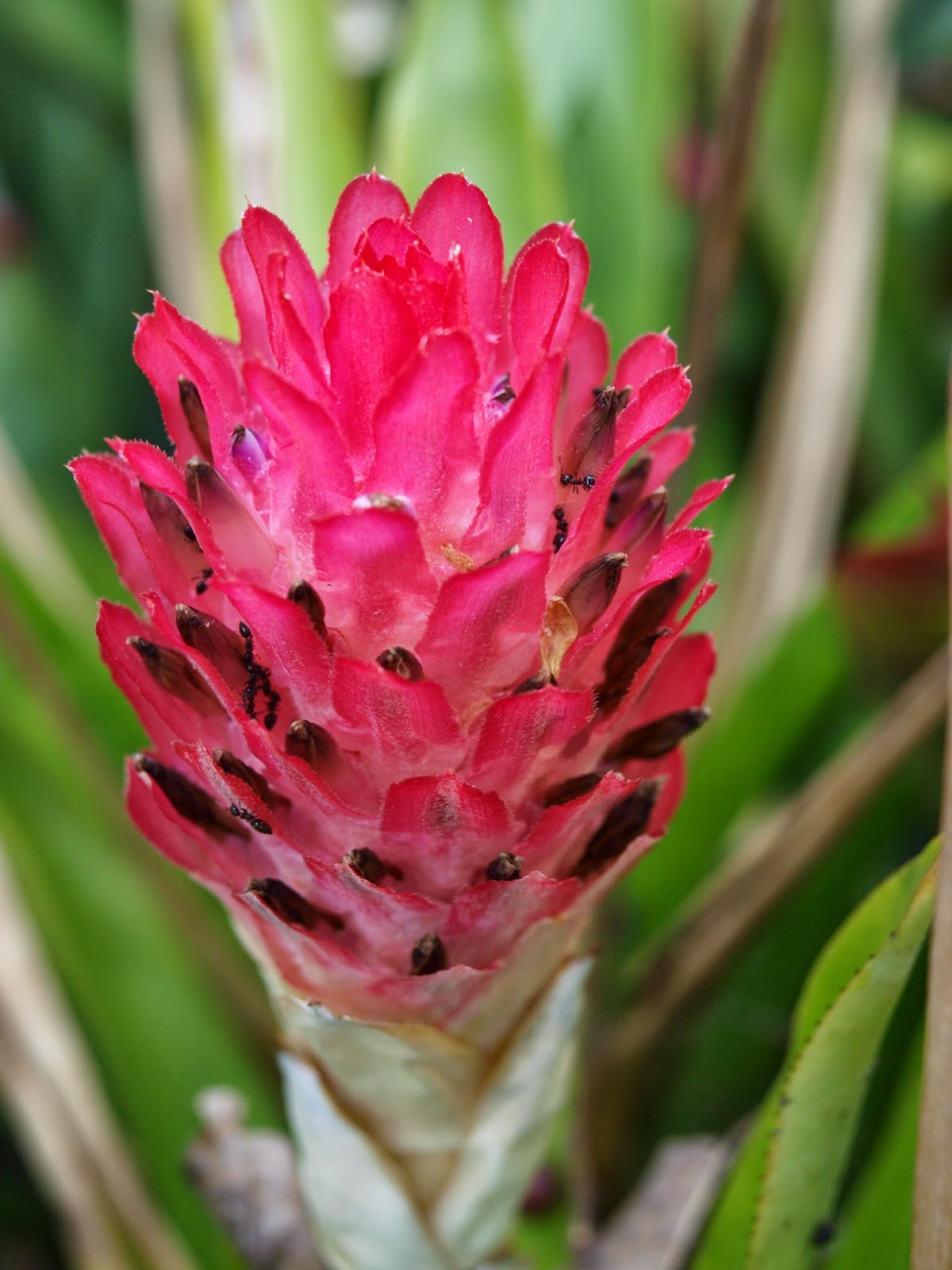We
have taken a few trips to this beautiful little city. I hope this blog post might help if you were
thinking about St. Augustine
The best way to see the downtown area is on foot but the kids really enjoyed renting bikes for the day and exploring all the back alleys, narrow roads and waterfronts.
We’re from the north so the best time for us to visit is anytime from Christmas until Spring Break, when in
Known
as the "Ancient
City
Since
the late 19th century, its historical character has made the city a major tourist attraction.
North
Florida boasts a year-round mild climate, perfect for walking around Saint Augustine
Things I Recommend Seeing In St. Augustine
Castillo de San Marcos
Throughout
its history, the Castillo de San Marcos
National Monument has been closely
intertwined with the city and the neighboring structures which served as the
city's outer defenses - Fort Mose to
the north and Fort
Matanzas
Given the Fort’s architectural details, it's hardly surprising that Castillo de
San Marcos St.
Augustine
Numerous
other historic events have taken place within the walls of this ancient
stronghold including the imprisonment of Seminole tribe leader Chief Osceola
after he was captured in 1837.
Fabricated
of coquina, which is a virtually indestructible limestone comprised of broken
sea shells and coral, the walls of the fortress remained impenetrable through
300 years of enemy shelling and pounding by violent storms.
This National Historic Landmark is the center piece for Flagler College
Originally the Hotel Ponce de Leon, it was built by Henry Morrison Flagler in 1888, and is a master piece of Spanish Renaissance architecture. It’s also the first in a series of luxury resorts along
This hotel entertained famous celebrities from all around the world, including several presidents.
Louis Comfort Tiffany is credited with the building’s interior design including the stained glass and mosaics. The interior is decorated with imported marble, carved oak and murals painted by Tojetti and George W. Maynard.
It was converted to
Mission of Nombre
de Dios
And
The Shrine of Our Lady of La Leche
Mission
Nombre de Dios traces its origins to the founding of the City of St. Augustine,
America’s oldest city. On September 8,
1565, Pedro Menéndez de Avilés landed and proclaimed this site for Spain
It was on these grounds that Fr. López would celebrate the first parish Mass and begin the work atAmerica
It was on these grounds that Fr. López would celebrate the first parish Mass and begin the work at
Our
Lady of Le Leche Shrine
In
the early 1600s, the Spanish settlers of St. Augustine
established the first Shrine to the Blessed Virgin Mary in the United States
The present
chapel was reconstructed in 1915 and enshrines a replica of the original statue
of Nuestra Señora de la Leche y Buen Parto – Our Lady of the Milk and
Happy Delivery.
Father
Lopez Statue
The impressive
bronze statue of Father Francisco López de Mendoza Grajales, chaplain of
Menéndez’s fleet; celebrant of the First Mass here; and the first missionary,
stands eleven feet tall.
The Great
Cross
This massive
structure, made of stainless steel and rising two hundred and eight feet above
the marshes of the Matanzas River , stands as a sentinel over the Mission
Our Lady of
Guadalupe Shrine
The Shrine of Our
Lady of Guadalupe, in colorful Spanish tiles, commemorates the 1531 visitation
of the Blessed Virgin Mary to St. Juan Diego in Guadalupe , Mexico
St. Augustine
Lighthouse & Museum
Construction began on the current lighthouse and was completed in 1874. The old tower succumbed to the sea during a storm in 1880.
The
current lighthouse was constructed of Alabama
brick and Philadelphia iron, and is St. Augustine
.JPG) |
| 214 steps to the top of the lighthouse |
The St. Augustine Lighthouse rises 165 feet above sea level and contains 214 steps.
.JPG) |
| Keepers house viewed from the lighthouse |
Climb the 214 steps to the top of the 1875 Lighthouse for a wonderful view of Saint Augustine
Also at the top, a first order Fresnel lens serves the beacon. TheSt. Augustine
Also at the top, a first order Fresnel lens serves the beacon. The
Visit
the historic keepers' house to see the home of Major William Harn from Philadelphia
Walk around the Lighthouse Archaeological Maritime Program Boatworks and boat yard to see small craft under construction and view artifacts from shipwrecks just off shore. And Check out the United States Coast Guard history exhibit!
Walk around the Lighthouse Archaeological Maritime Program Boatworks and boat yard to see small craft under construction and view artifacts from shipwrecks just off shore. And Check out the United States Coast Guard history exhibit!
Basilica Cathedral
A small but
very historical Cathedral that is beautifully maintained and has wonderful
architectural features, religious symbols, statues and paintings.
Upon entering
the cathedral, visitors pass under a circular arch in the Classical period
style.
Although the building has had 2 fires, the damage was not total and the exterior shell of the building was still salvageable due to an inflammable material used for the exterior walls.
Architecturally,
the church remained virtually intact up to the major renovation in 1965. At
that time, Archbishop Joseph P. Hurley commissioned the building of a
Eucharistic Chapel, the hanging of murals depicting the Catholic history of Florida by artist Hugo Ohlms, and the fashioning of a new
tabernacle by the Gunning Company of Dublin ,
Ireland
Linking the building with the special care given it by its 18th-century Irish pastors, the newly renovated Cathedral was dedicated on March 9, 1966 by Cardinal William Conway, the primary cardinal of all
On December 4,
1976, Pope Paul VI raised the edifice to the dignity of a Minor Basilica. It
was the 27th American church to be honored as such by the Holy See. As a
testament to its historic national significance, the Cathedral-Basilica was
named a National Historic Landmark.
St Augustine Beaches
Some have claimed that this was the remains of a lusca.
Fort Matanzas
National Monument
Built
1740-1742, the fort represents a well-preserved masonry watchtower fort built
by the Spanish. It was
designated a United States National Monument
on October 15, 1924.
By providing a perch to observe enemy vessels approaching from the south, the fort played a strategic role in warning
Coastal Florida was a major field of conflict as European nations
fought for control in the New World . As part
of this struggle, Fort Matanzas guarded St. Augustine
 |
| View from the old Fort Matanzas |
Convicts, slaves, and troops from Cuba were used as labor to erect the structure, which was sited on present-day
My husband and I drove and then took a ferry to this fort while the kids (teenagers) rented bikes and rode all over the historic area and beaches.
St. Augustine Alligator Farm
In the late
nineteenth century, George Reddington and Felix Fire began collecting
alligators on Anastasia Island ; they founded the St. Augustine Alligator Farm
at South Beach Florida
The Anastasia Island Tram carried vacationers from their accommodations within the city of
Exhibits include Albino Alligators, birds of Africa,
There’s also a feeding demonstration every day at 12 noon & 3 p.m. There are thousands of alligators from big to small. You can even buy food to feed the smaller gators.
Downtown St. Augustine St. George Street
.JPG) |
| Shopping in downtown St. Augustine |
Along
 |
| My daughter Alexis purchasing a pirate eye patch |
Located between
Most shops
close at 5pm or 6pm on weekdays, but restaurants and bars stay open
later. Shops offer
everything from antiques and arts to crafts and clothing.
Vilano Beach
Area
Five minutes
north of historic downtown St. Augustine , Vilano Beach Vilano Beach
.JPG) |
| Arched bridge to the Vilano beach area |
When Henry Flagler attracted northern tourists to his hotels in
A beach
pavilion at the ocean with an interactive fountain and a matching pavilion at
the fishing pier on the Intracoastal Waterway at either end of Vilano Road were
constructed in an architectural style combining art deco modern and Florida
vernacular, and a new boardwalk over the salt water marsh in the Intracoastal
estuary connects the residential area to the north with the Town Center under
construction to the south.
There are 5 oceanfront parks, many other public beach access points and a public fishing pier. Hundreds of sea turtle nests are laid each year under the supervision of three turtle patrols (
A quiet little
beach town is a five minute drive over a beautiful arched bridge from the North
end of the historic district.
Walk the beach
by moonlight to see baby sea turtles scampering to the sea.
Vehicles are
permitted on the beach within designated areas.
This is our favorite beach because we can take the dogs and it has a friendlier family style atmosphere. And is rarely crowded!
Fishing Charters
You
can plan a fishing charter trip with a full-time professional salt water
fishing guides. Charters
offered are for offshore, near shore and Intracoastal
Waterway fishing with full and half day deep sea fishing trips
available.
 |
| The men went ocean fishing all day |
Fishing Tackle and Bait are provided.
Full &
Half day Deep Sea Fishing Trips.
Private
Charters available for Offshore Fishing and Gulfstream Trolling.
You can catch Snapper, Grouper, Amberjack, Wahoo, Tuna, Billfish, Dolphin, Cobia, Shark.....
Just minutes
from Downtown St. Augustine and the Inlet, it offers excellent year round fishing from the Intracoastal
Waterway to the Gulfstream.
The men fished
while we toured sites and shopped.
Old City Farmer’s Market,
St. Augustine
Good
food, plants, fresh produce and beautiful crafts.
A few of the items we saw: breads, bagels, muffins, jams, jelly, cheese, fish, coffee beans, fruit and vegetables, crafted creams, lotions, jewelry, crafts, art work and lots more. Located on A1A just south of
CLICK FOR MORE PHOTOS OF ST. AUGUSTINE
Have a great vacation where ever you choose to go,
Elizabeth
Other Posts:
The Mothman Festival
Cancun, Mexico
Lake Superior Circle Tour
Elizabeth
 |
| Old City gates |
 |
| Fishing on the beach |
 |
| Downtown, St. Augustine |
 |
| Bloom near Flagler College |
The Mothman Festival
Cancun, Mexico
Lake Superior Circle Tour

.JPG)
.jpg)
.JPG)
.JPG)
.JPG)


.JPG)
.JPG)
.jpg)
.JPG)

.JPG)



.JPG)
.JPG)
.JPG)
.JPG)


.JPG)
.JPG)
OMG! What a wonderful travelogue of St. Augustine. I've been there several times but learned lots more here from you. Native Clevelander & adopted daughter of Florida.
ReplyDeleteWell hello fellow Ohioan!
ReplyDeleteWe went there twice when we were younger and really liked it.
ReplyDeleteFran
Great post . It took me almost half an hour to read the whole post, but well worth it. Definitely this one of the more informative and useful post for me. Thanks for the share! Jyoti Soni
ReplyDeleteThank you Jyoti Soni. There is so much to see and do in the St. Augustine area, I just couldn't choose what to leave out of this post! Glad it was helpful
ReplyDelete
ReplyDeleteNice Florida information, thanks! Today, I went to the beach with my children. I found a sea shell and gave it to my 4 year old daughter and said "You can hear the ocean if you put this to your ear." She placed the shell to her ear and screamed. There was a hermit crab inside and it pinched her ear. She never wants to go back! Lol I know this is entirely off topic but I had to tell someone!
Sounds like something that would happen to us. Except my daughter or son would keep the hermit crab as a pet!
Delete